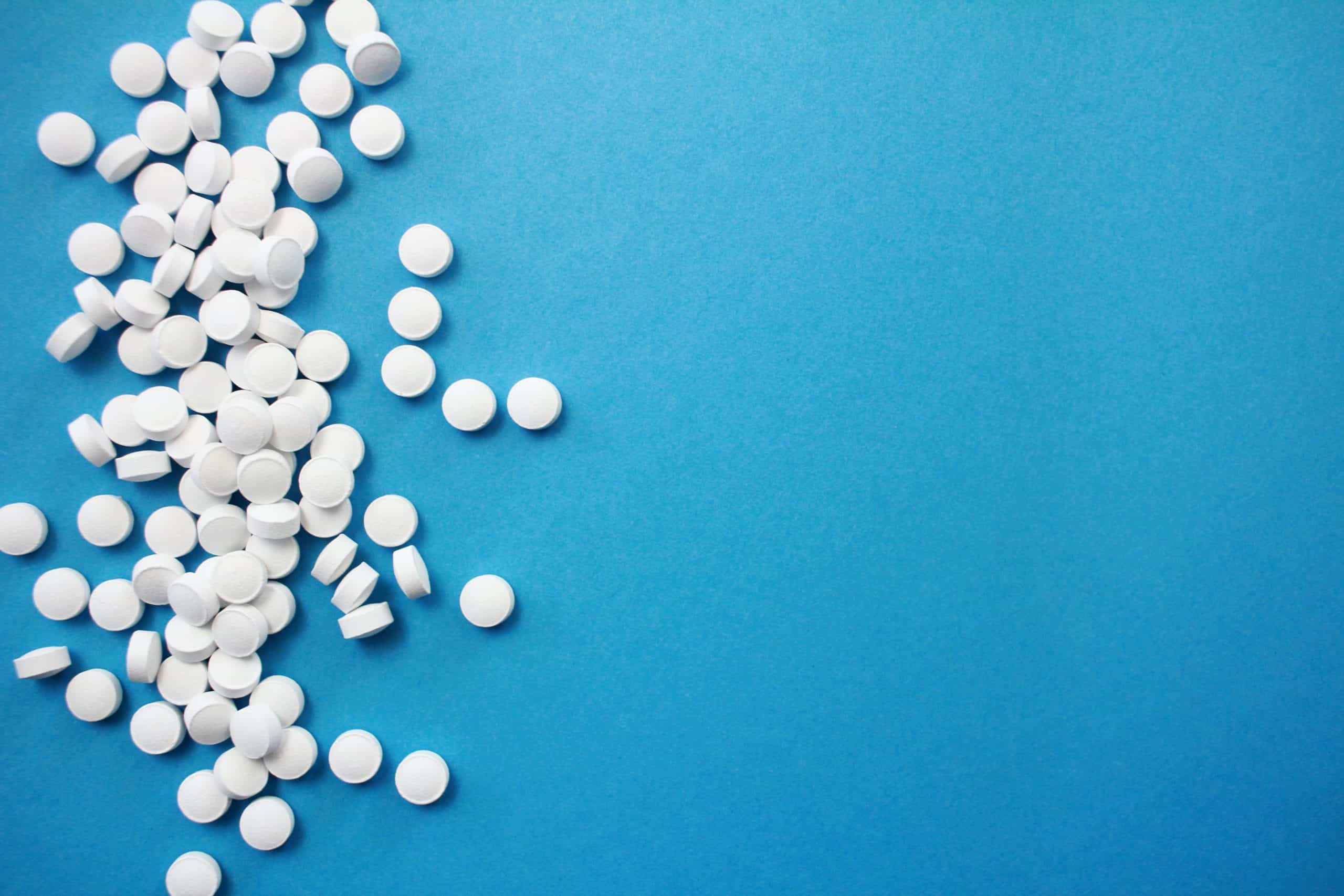Five years after NH TherAguix® was created, its drug candidate AGuIX® is undergoing two clinical trials in the United States. The FDA has issued the French biotech company with the clinical trial authorisations it needs to collaborate with one of the most prestigious oncology centres in the world, the Dana-Farber Brigham Cancer Center, at Harvard.
AGuIX® is a bimodal nanodrug with a radiosensitising effect and is visible in MRI. Its potential clinical efficacy is based on a nanometric structure enabling it to be injected intravenously, and on a combination of three essential properties for fighting tumours: targeting, imaging and treating. When hit by the radiotherapy’s X-rays, AGuIX® uses the energy of the impact to kill the tumour cells.
The first phase II clinical trial which just started in Boston, Nanobrainmets, is investigating stereotactic radiotherapy with or without gadolinium-based AGuIX® nanoparticles in the management of brain metastases in which there is a high risk of local recurrence with radiotherapy alone. Consequently, the AGuIX® nanoparticles are used concomitantly with a standard care protocol. Two patients have already been recruited, out of the 134 who will ultimately participate in the trial.
“At the moment, no drug exists that increases the efficacy of radiotherapy. Although the technique of killing the tumour while leaving the healthy tissue intact works, it still has its limitations and issues. We are addressing one of them,” says Géraldine Le Duc, CEO and Co-founder of NH TherAguix.
The second clinical trial, Nanosmart (phase Ib/II), is intended for patients diagnosed with advanced localised pancreatic cancer or central cancerous lung lesions. Instead of following a standard radiotherapy protocol, the doctors will use a machine that combines diagnosis with radiotherapy for greater effectiveness. The first of the 100 patients who will participate in this trial have recently been recruited.
At the beginning of October, the biotech company had planned to list its shares on the Euronext Growth market but ultimately decided against doing so, judging that the market is too weak for the moment.



